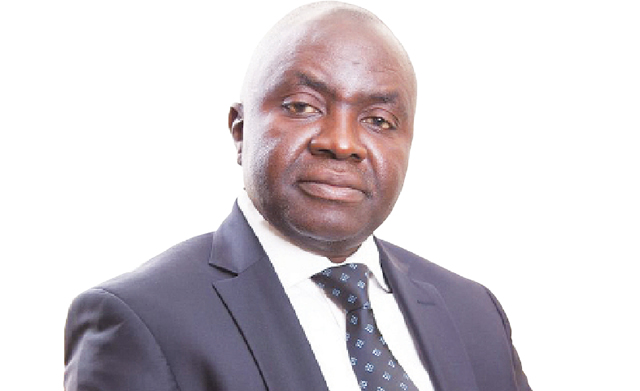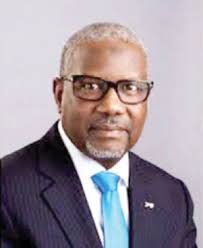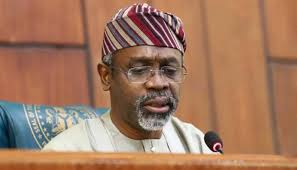A leading economist and Chief Executive Officer of Centre for the Promotion of Private Entreprise (CPPE), Dr, Muda Yusuf, has charged the Federal Government to adopt appropriate policy measures to mitigate the growing challenges of business operators in the economy as a desirable step towards sustaining the modest recovery of the nation’s economy in the months ahead.
Yusuf, in a paper titled ‘Business Environment Update for The Month of October 2021’issued by the CPPE noted that the Nigerian business environment remained inclement to businesses still, despite efforts by government, through sundry policies, to make the climate more conducive to investors.
Specifically, he pointed out that over the past few months, investors, especially those in the real sector space, identified access to foreign exchange, exchange rate depreciation, high inflationary pressures, crisis at the ports, high cost of diesel, skyrocketing gas prices, insecurity, and severe impact of the punitive transit duty imposed by Benin Republic on transit goods passing through the country by road as the most critical challenges facing them in their efforts to add value to the nation’s Gross Domestic Product (GDP).
While noting the relaxation of COVI9-19 pandemic restrictions is beginning to bear some positive impact on economic activities generally, Yusuf, a former Director General of the Lagos Chamber of Commerce and Industry (LCCI), also observed that the gradual accretion of the nation’s foreign reserves in recent months was a healthy development even as he pointed out that despite the gradual drop in inflation, inflationary pressure remains a major cause for concern for investors in the Nigerian economy.
The CPPE boss listed some of the major downside risks to economic activities despite the modest achievements of the government’s economic stimulus measures as including, Naira exchange rate depreciation and volatility; illiquidity in the foreign exchange market; high inflationary pressure; insecurity in parts of the country; high energy costs, especially the skyrocketing cost of diesel and gas; and high dependence on crude oil or foreign exchange earnings.
Others are, high and increasing fiscal burden of fuel subsidy and debt service; smuggling of petroleum products to neighbouring countries in the light of the uptrend in crude oil price; uncertainties around the African Continental Free Trade Agreement (AfCFTA), especially in terms of readiness of state actors; intractable congestion, traffic gridlock and extortion at the nation’s ports; structural constraints affecting productivity in the economy; prohibitive cost of distribution of finished goods and raw materials; and weak purchasing power, amongst others.
On manufacturers and other operators’ concerns about the foreign exchange market, Yusuf stated that the biggest challenge reported by investors across all sectors in the past couple of months around foreign exchange include, the sharp depreciation in the exchange rate; the uncertainty, volatility and unpredictability of the rate; and the liquidity problem in the official window of the foreign exchange market.
He also identified the port clearing hiccups as well as the prohibitive charges by Benin Republic on Nigerian transit cargo as major constraints to Nigeria’s economic growth that should be urgently addressed by the government.
Yusuf implored the government to take a critical look at the concerns that have been expressed by business operators and address these concerns in the interest of the investment environment and the advancement of the Nigerian economy.




